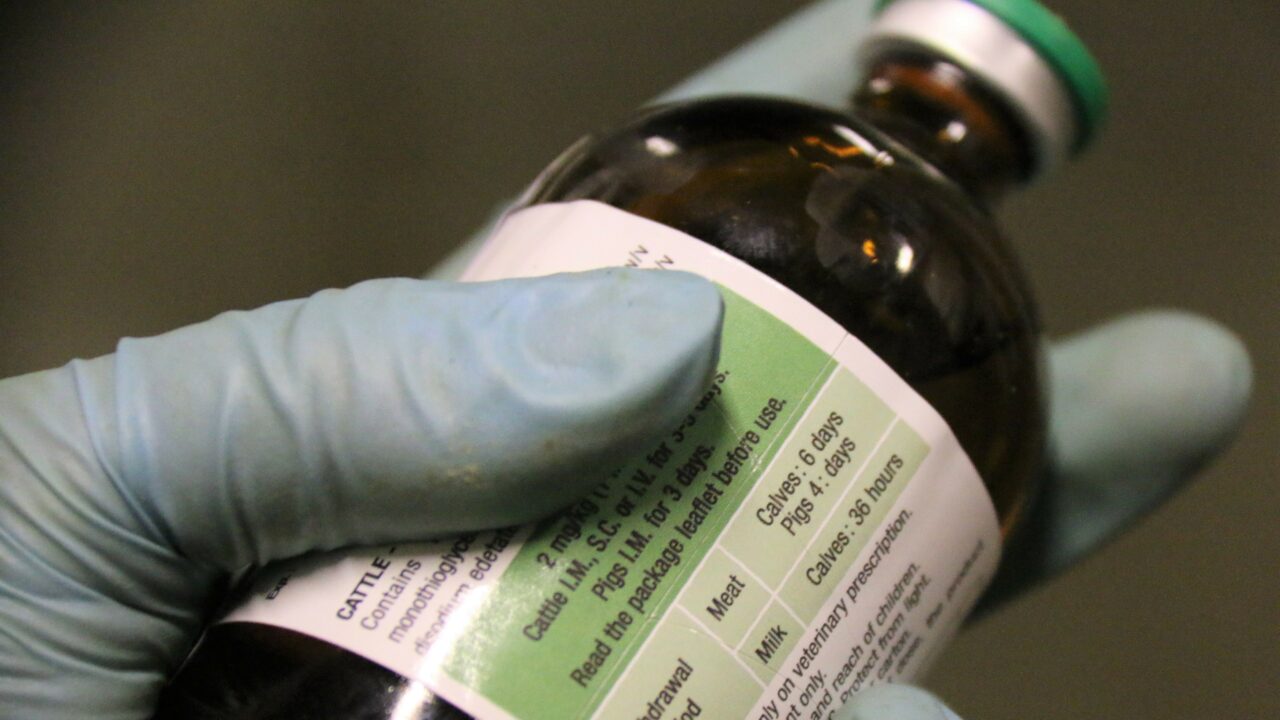Industry leaders have welcomed the latest figures showing that the pig industry in the UK reduced its antibiotic usage by 28% in 2017.
It brings the total reduction in two years to more than 50%.
According to the latest data taken from the electronic medicine book (eMB) – which represents 87% of pigs slaughtered in the UK – antibiotic usage on pig farms dropped from 183mg/PCU to 131mg/PCU within 12 months.
The mg/PCU is a unit of measurement developed by the European Medicines Agency to monitor antibiotic use and sales across Europe.
PCU refers to the ‘Population Correction Unit’ and takes into account the animal population, as well as the estimated weight of each particular animal at the time of treatment with antibiotics.
‘Keeping up the momentum’
AHDB’s senior veterinary manager Mandy Nevel said: “This is a great industry effort with all parties fully engaged and determined to demonstrate responsible use of antibiotics in pigs. We must keep up the momentum to reduce use further in order to achieve our target of 99 mg/PCU by 2020.”
It provides an electronic version of the paper medicines book to record and quantify usage so producers can review and optimise on-farm antibiotic use. Since October last year, it became a Red Tractor requirement that quarterly antibiotic data is entered into the eMB.
Christine Middlemiss, the UK chief veterinary officer, said the reduction was “excellent”.
“This has been achieved by the sector working together and following a clear agreed plan of action, which is focused on responsible reductions alongside the prevention and management of disease,” she said.
“This approach is essential for the sustainability of British agriculture and will help to maintain the effectiveness of antibiotics in the future.”
‘Small data sets can be misleading’
Gwyn Jones, chairman of RUMA, added: “These latest results prove that the targets the pig sector sets for itself are both challenging and proportionate. Each year will be progressively harder to achieve and for this reason our foot must stay firmly on the pedal.
“The results also show us the importance of data. Small data sets are interesting; but can be misleading.
“In our complex supply chains, we need to shine a light on all areas and can only do that if we can see the whole picture.
“The good news is that as more usage records are logged through the change in Red Tractor rules, we are seeing engagement with the issue increase and reductions continuing to happen.”
